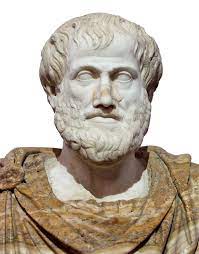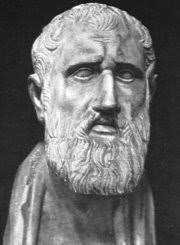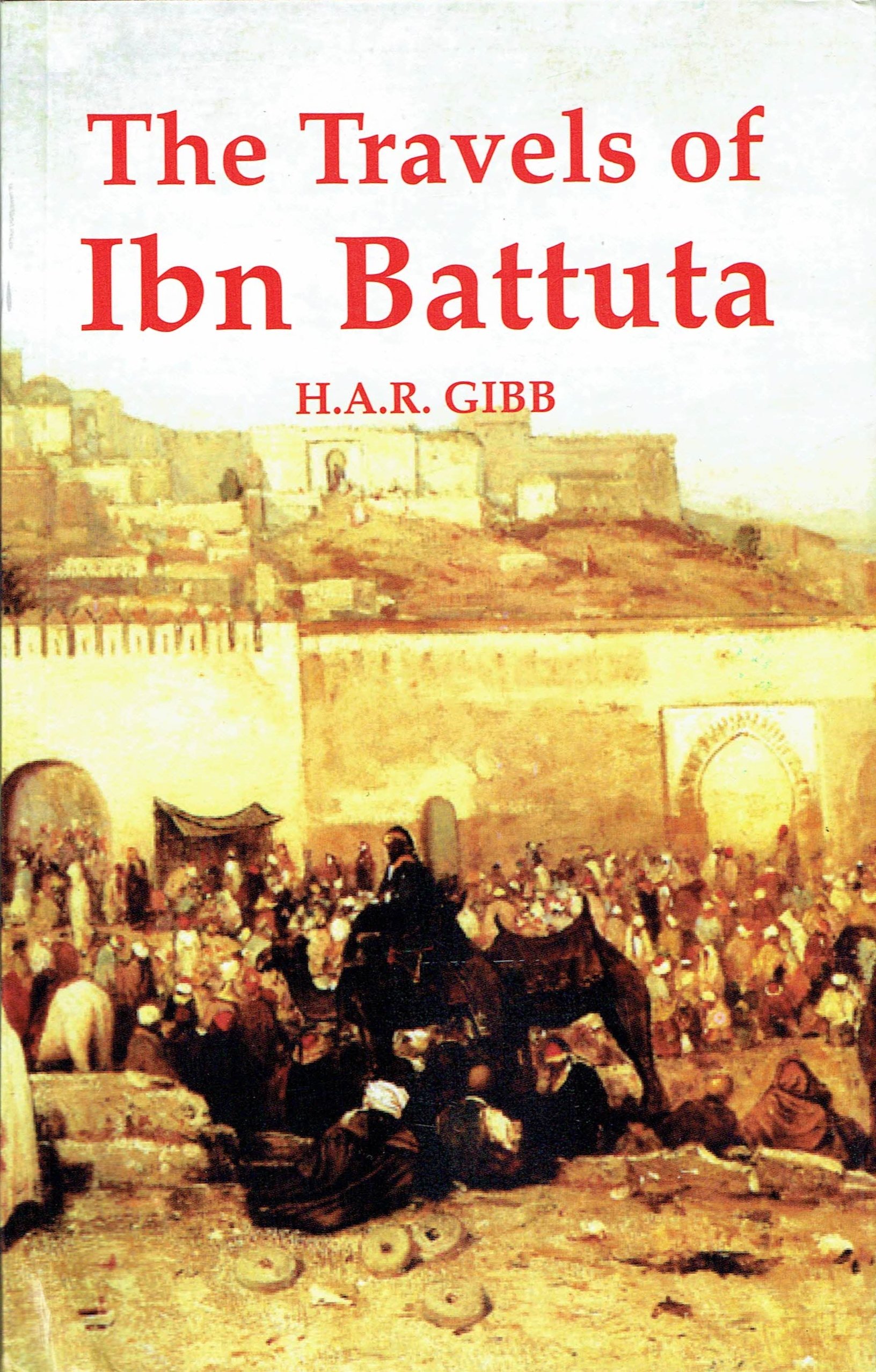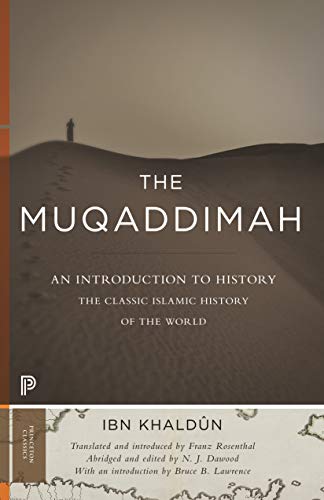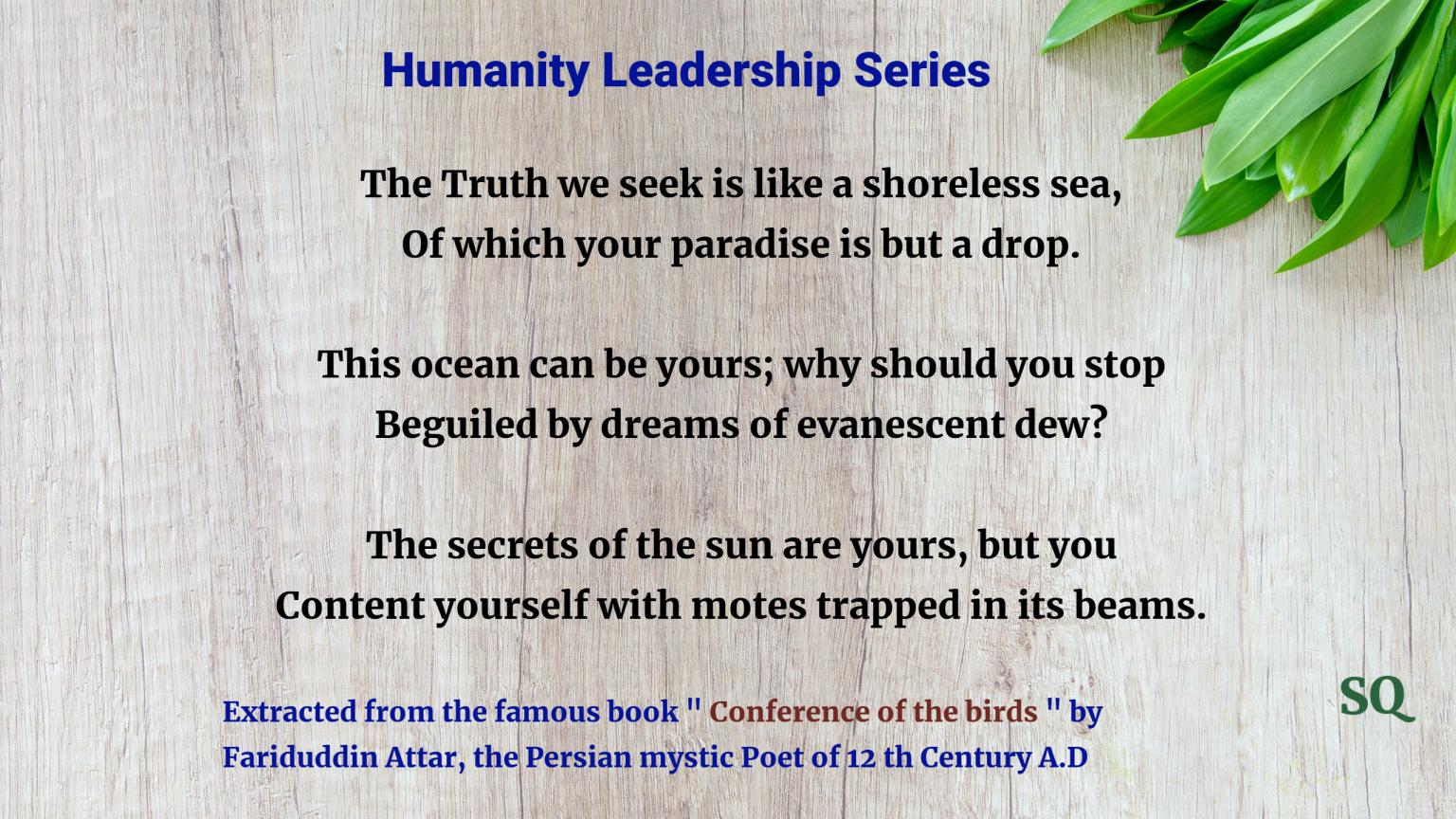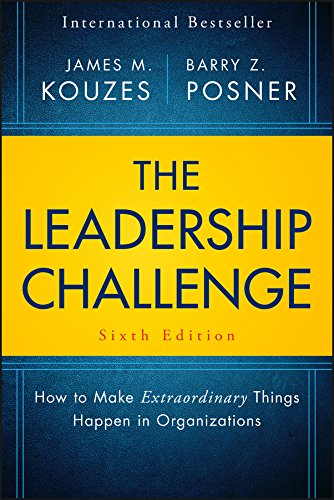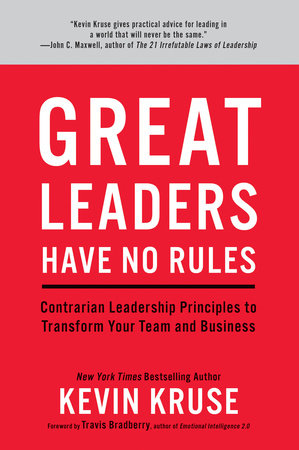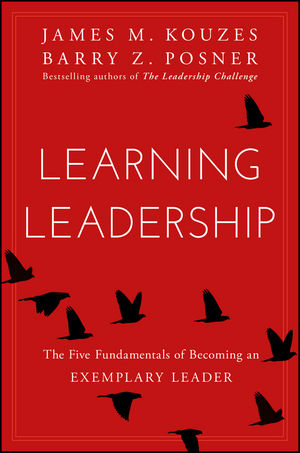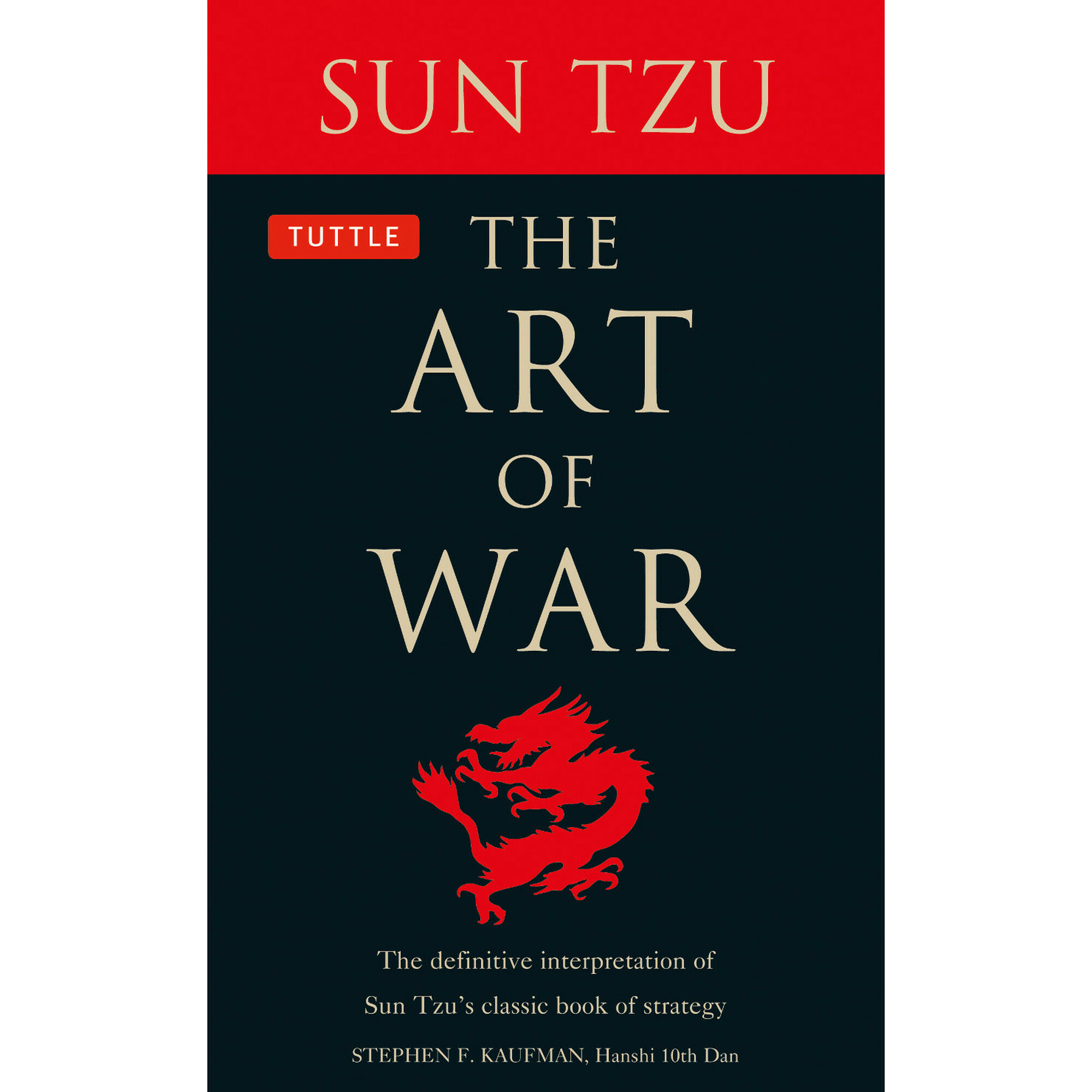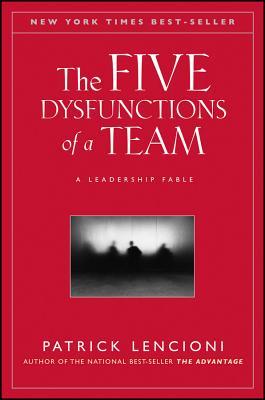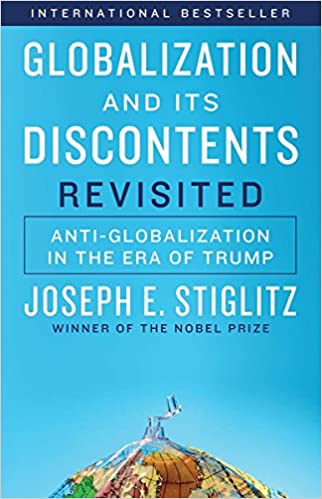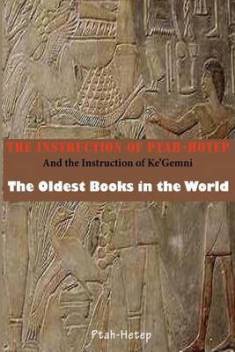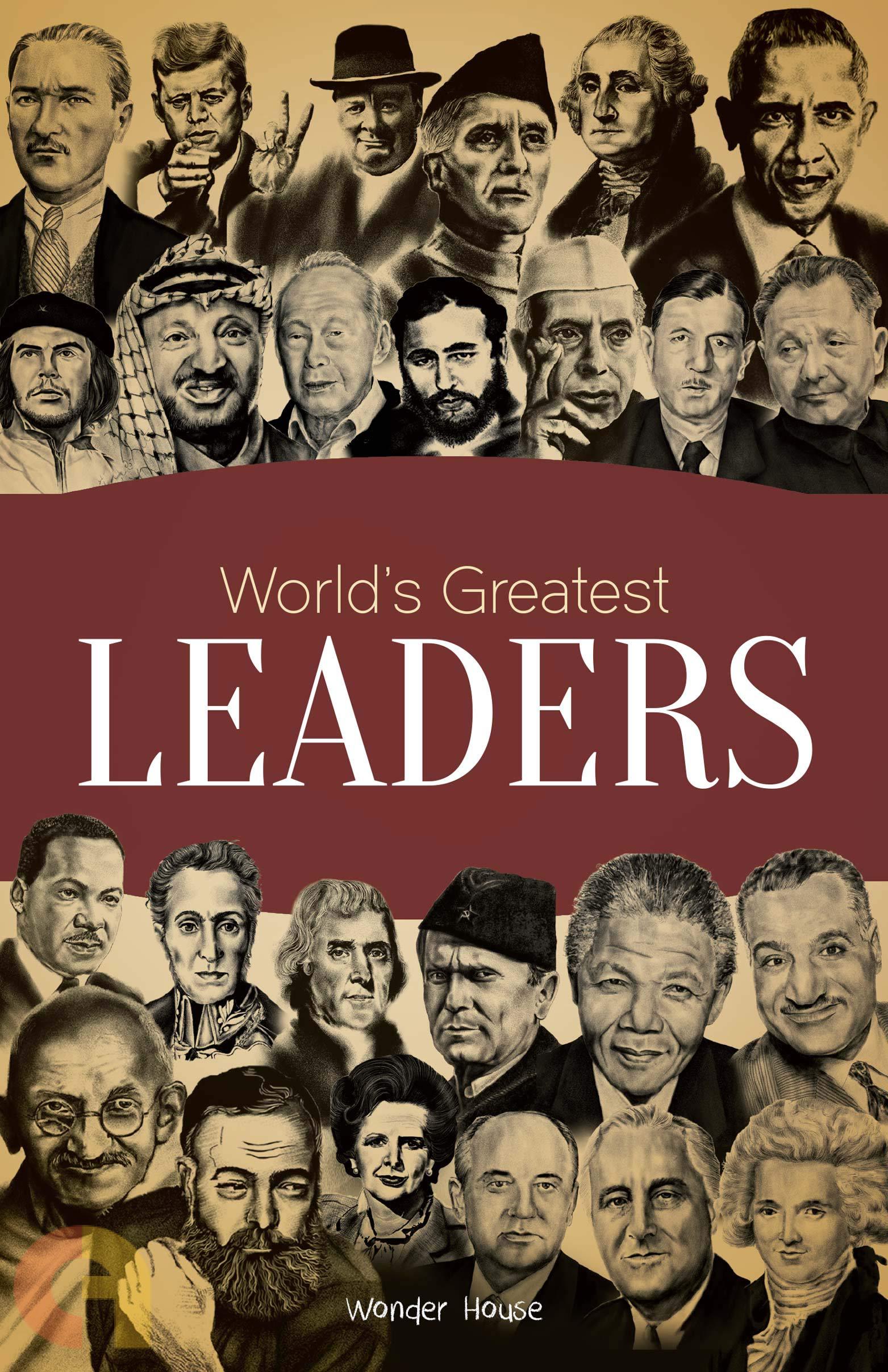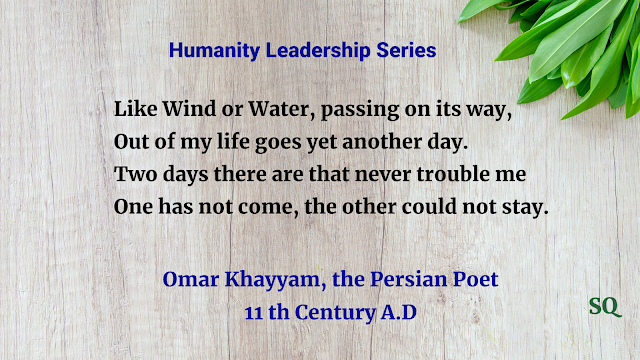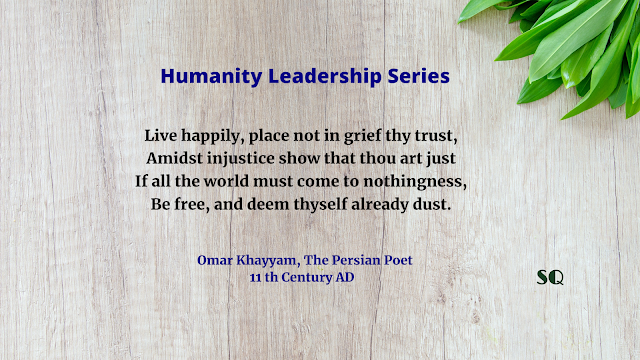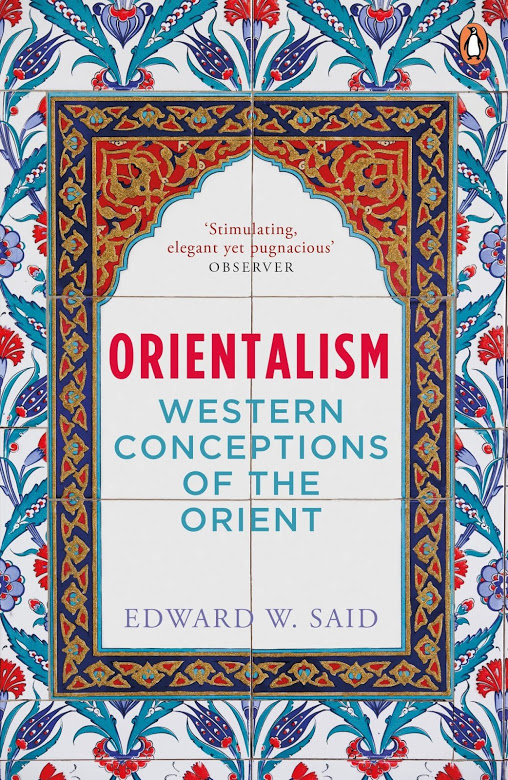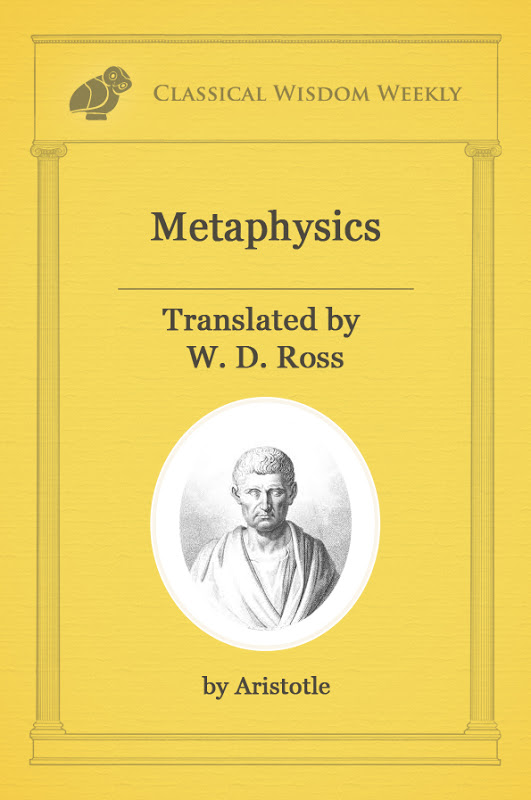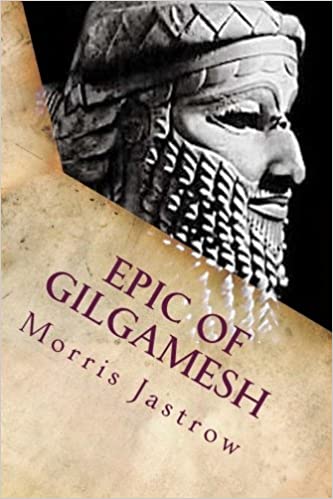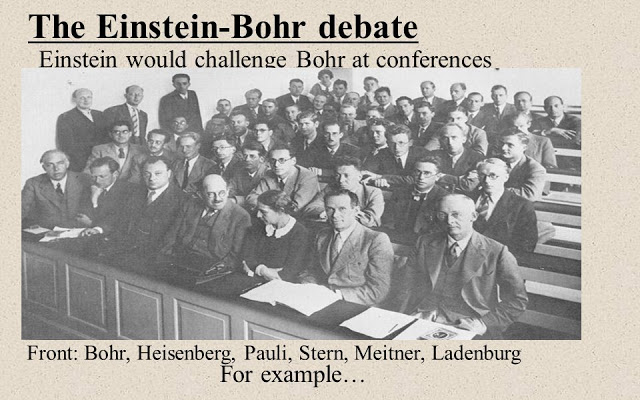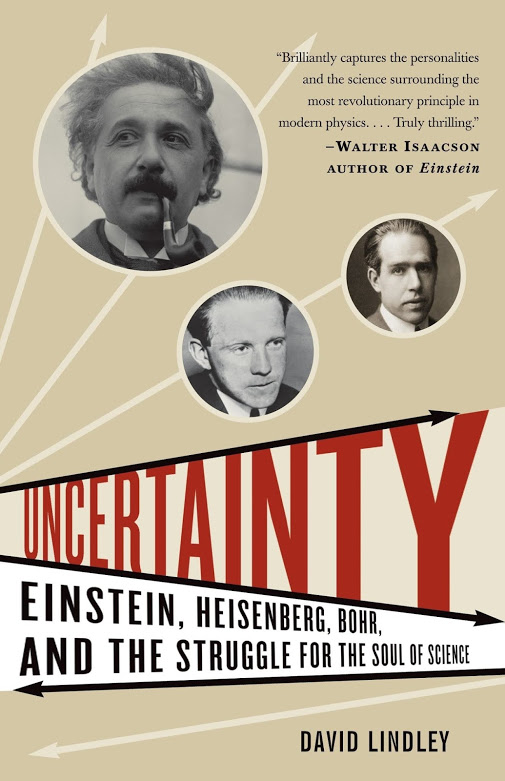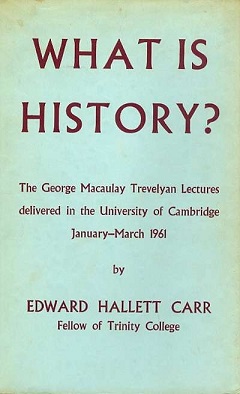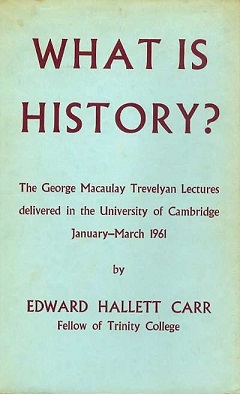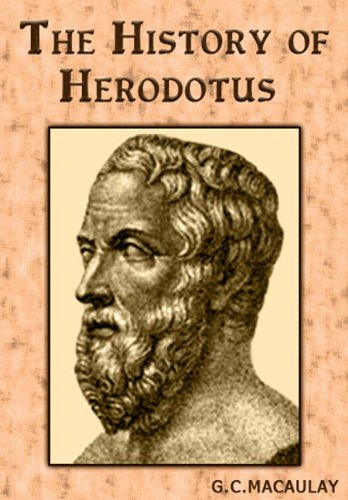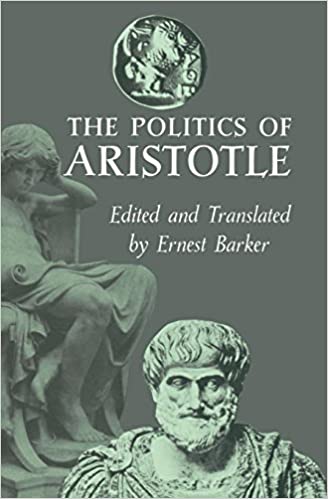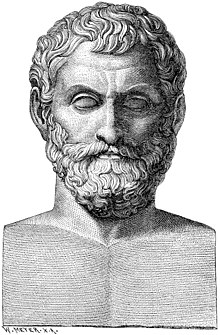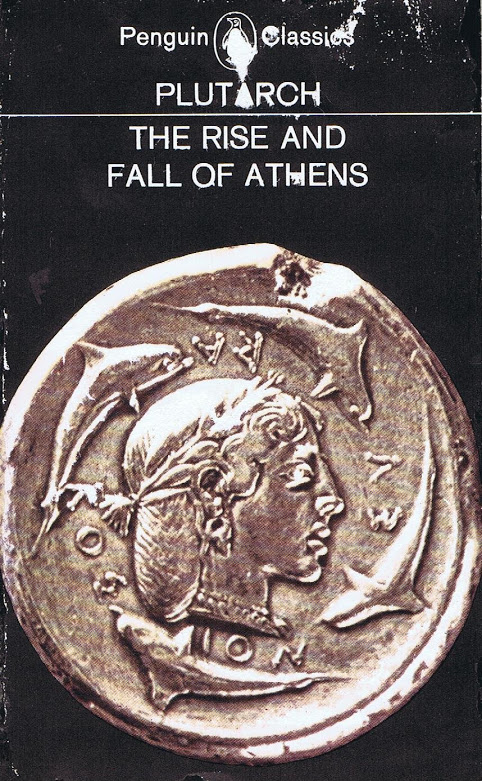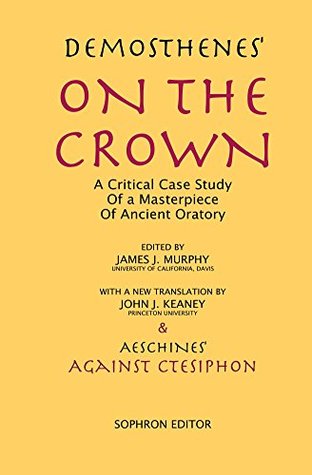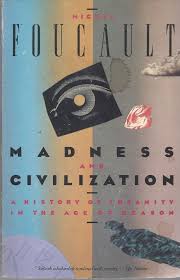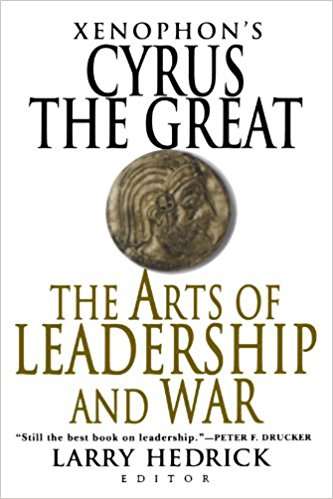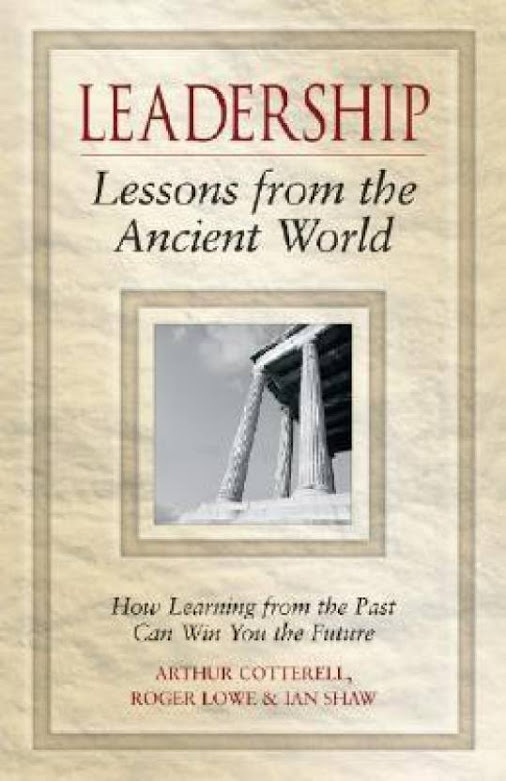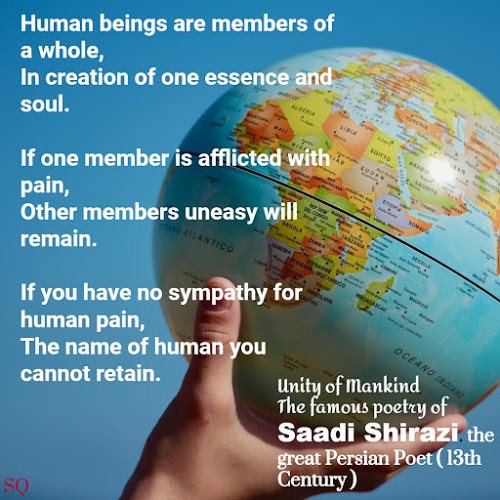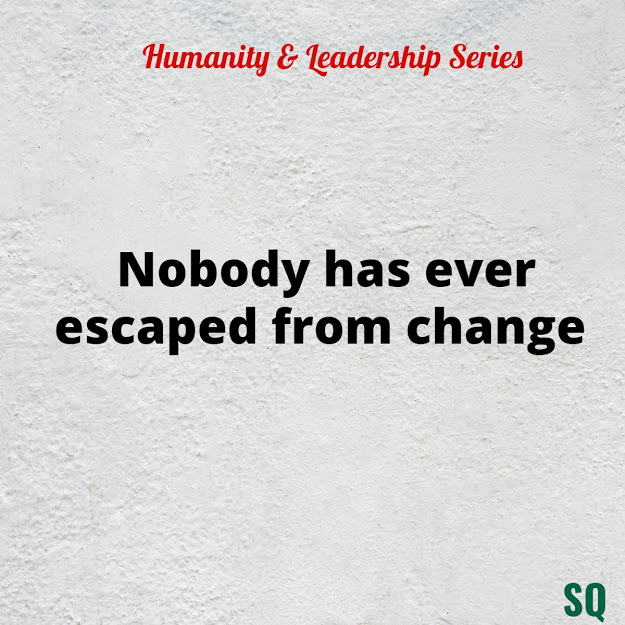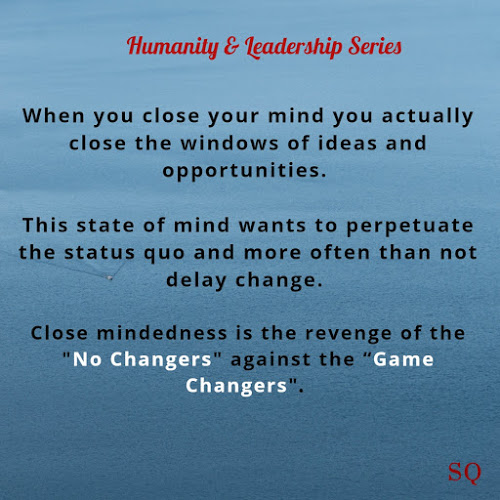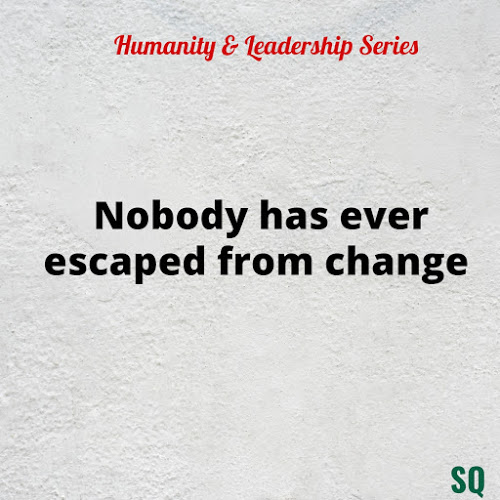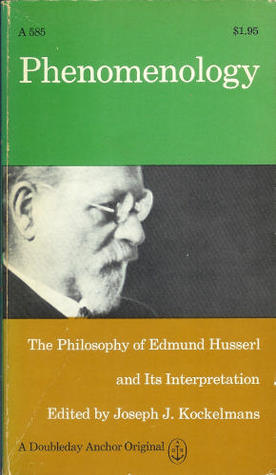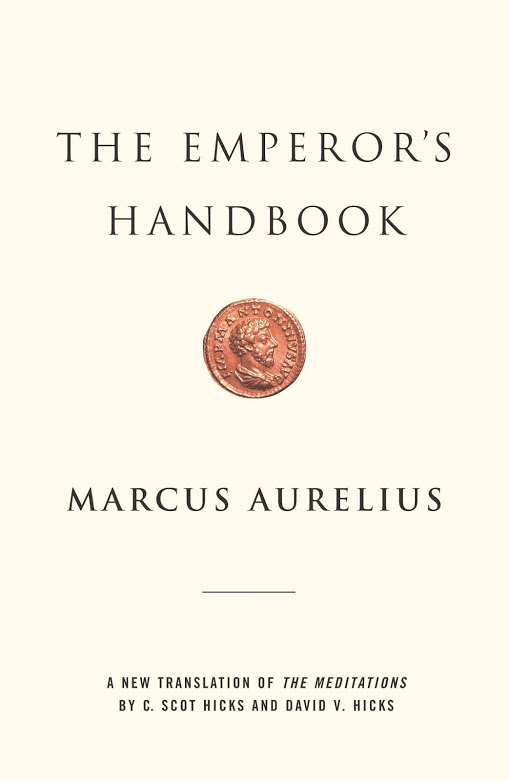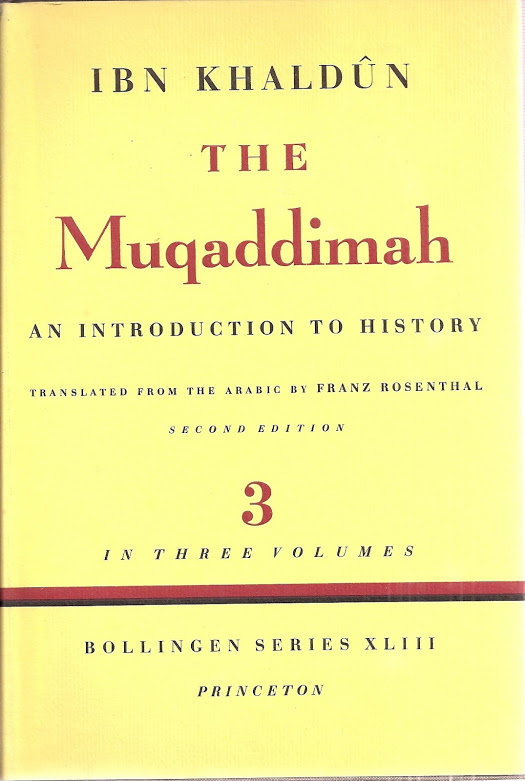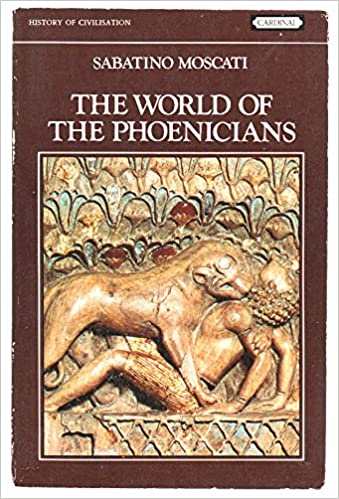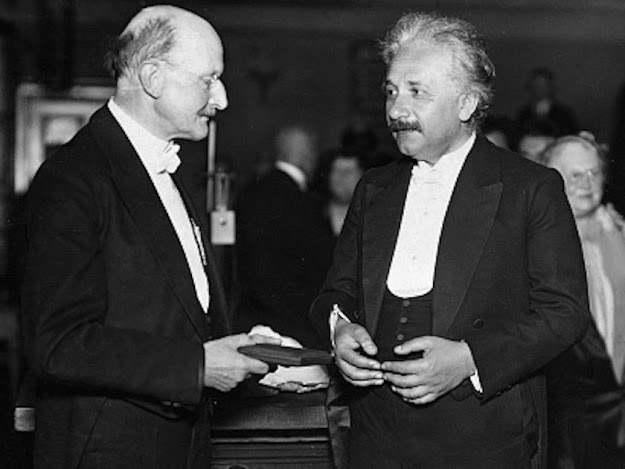A New Phenomenon Was Rising
It was the early years of the 13 century, probably around 1218 AD, when a new phenomenon was fast approaching upon the world. The phenomenon whose name would exist in the books of history as long as history would exist. The mere mention of whose name and the seal on the letters would mean the surrenders of kingdoms, in times to come, was slowly realising his potential.
Temujin who is famously known in history as Changez khan was feeling restless after conquering China and the surrounding parts of Mongolia. He wanted to make himself the household name from Mongolia to Transoxania to Baghdad to the magnificent city of Damascus ( Syria).
But he was full of strategy and showed lots of patience also. He knew he had to first make peace with the king of Khwarizm who ruled Transoxania in order to develop trade and commerce. He wanted to build the greatest army with the wealth of the silk route.
One Sheath And The Two Swords
But the only problem that Changez Khan faced was that the khwarizm king also had the same ambition of expanding towards Damascus. The only problem the king of Khwarizm had was that the Caliph of Baghdad resisted any expansion towards Damascus. The Caliph of Baghdad had two swords hanging over his kingdom.
The king of khwarizm also wanted to earn from the silk route and decided to accept the treaty of peace, trade & commerce with Genghis Khan. But both had the same ambitions and both were waiting for the opportune moments to break the treaty.
The only person unhappy with the treaty was the Caliph of Baghdad as he knew that the king of khwarizm would break the treaty before the Mongols and it would mean disaster for its kingdom from the even stronger king of khwarizm. Once the king of Khwarizm would knock at the doors of Baghdad there would be Changez Khan knocking again to checkmate the Khwarizm king.
The Message That Was Never Delivered
The king of Bagdad wanted to send a secret message to Chengiz Khan alerting him about the real intentions of the king of khwarizm. It was forewarned in the message not to enter into the treaty with the king of khwarizm as it would make him even more stronger financially. The idea was to keep the Mongols and the Khwarizm tied to their own locations and prevent them to venture westwards towards Baghdad.
The secrecy of the message was so great that it was to be read only by Chengiz Khan and if the message leaked it would mean certain war with the khwarizm king. The king of Baghdad tasked his best official with delivering the message directly to the Mongol king without anybody reading it on the way.
The King's trusted official started thinking about the most innovative way of delivering the message to Changez Khan. He summoned his best and the most professionally competent messenger to deliver the message. He shaved the head of the messenger and tattooed the secret message on it and signed it with the Imperial seal of the king of Baghdad. The Messenger was not allowed to leave the personal custody of that official till his hair had grown enough to hide the secret message. Such was the precautions taken to maintain the secrecy.
The Messenger was dispatched from Baghdad and after a long arduous journey reached Karakoram, the capital of Changez Khan. The Messenger demanded immediate audience with the king. The matter was brought to the notice of Genghis Khan but he refused to grant the audience saying that the Mongols have already entered into a treaty with the king of Khwarizm and they cannot entertain any delegation from Baghdad.
The Aftermath of Failure
The messenger returned back completing the same tortuous journey, completely dejected and defeated. The Messenger thought that his master would be too disappointed and also angry with him for failing in his mission. The failure of his mission meant a threat to the very existence of Baghdad and also the loss of reputation for his master in the eyes of the king.
But he found his master to be calm, composed and optimistic as ever when he narrated about the failure of the mission. The messenger asked his leader as to why he took so much of pain and challenge and raked his brain to come out with such an innovative strategy of delivering the message when he knew that the chances of success were very slim.
The messenger’s master replied that even on the verge of defeat the leader must always come out with the most innovative idea, deliver his best strategy and select his best man for the job. A good leader always takes his chances to the best of his abilities even if there are enough chances of failure and negligible scope of success.
For the messenger his master was no longer his mere controller but has now grown into a leader with his thoughts, behaviour, approach and the deeds.
Everybody plays and behaves as a leader in the moments of success but there are very few who really live and act like the leader in the face of failures.
The Real Message Inherent In the Failed Message
The professional excellence delivered in the face of defeat will always create an intrinsic habit of the fighting spirit. Success and failures are sometimes dependent on the matters beyond our understanding. But what is within our hand is to deliver the best performance for the occasion. That is what successful leaders always strive to do.
Just a few months later the treaty between Genghis Khan and the king of Khwarizm was scrapped by both the parties and the war loomed over the horizon. The story of the messenger became so famous that it became the talk of the Mongol capital. Alas! If Changez Khan had just granted an audience and listened to the messenger from so far away, the region would have known peace.
As a leader we must listen to a variety of sources and even to those who may not seem to be worth listening to at those times. The art of communication is a two way process where listening sometimes matters more than the speaking. We must remember that in the field of leadership no information pertaining to your professional field is useless. Every professional information has its own time of glory if handled properly.
Another aspect we must give credit to is the lessons drawn by the Mongols from this incident. They realised that an efficient model of communication system is a must in the whole scheme of the thing. Changez Khan learnt from this mistake. This incident led to the development of an efficient postal communication system by the Mongols which served them so well in the times to come.
A mistake led to the war and the same mistake was also converted into a lesson of governance by developing the efficient postal system. Sometimes what we do after our mistake is what decides our prospects in the future.
The story of the messenger also became known to all in Baghdad and more so in the administration. There was a lesson learnt that the professional and truly great efforts never go to waste and it shows its merits long after the demise of its worth also. The leadership must excel even in the most normal routine work as well as in the most important missions also. Excellence in deeds should be in the habits of the professionals.
A person who gives his 100 % even when there is 100% chance of losing is setting an example in leadership. That leadership is conveying that excellence is a commitment which is hardly dependent upon winning and losing. It is dependent upon the way we may professionally engage with the tasks and the way we accept the situations.
Communication perhaps forms one of the most important aspects of leadership. The delivering of messages and listening to the message are the two traits of leadership we should never forget. The Caliph of Bagdad knew the importance of delivering the message and he entrusted this job to the best man in his administration and he in turn selected the best person for the messenger’s job.
Another aspect which merits attention is that we must always select the best of the people for the most important of the task. There must be no compromise on this matter. Even if the best of the people fail they definitely would have attempted in the best possible manner even in the face of failure.
Strange are the ways of success and failure. Sometimes between the so-called success and failure labelling, there is hardly a difference of few days. Most of the times what appears to be a failure may turn out to be a success in that short run and vice versa.
Mostly we have to have patience for the results to come. Finally as a leader we must not be too hasty and judgemental on the matters of success & failure but must show maturity by looking at the efforts invested into it. Therein lies the seeds of the future successful endeavours.

 Get a PDF Free Book
Get a PDF Free Book








